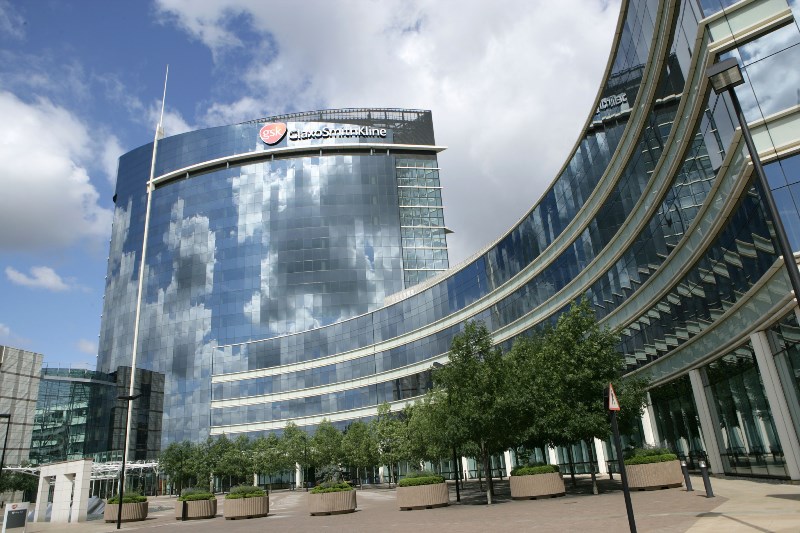China’s National Medical Products Administration (NMPA) has approved GlaxoSmithKline’s (GSK) Benlysta (belimumab) for the treatment of adult patients with active lupus nephritis (LN) who are receiving standard of care.
The approval extends the current indication in China as add-on therapy in adults and children aged five years and older with active systemic lupus erythematosus (SLE). This approval makes belimumab China’s first and only biologic medicine approved for SLE and LN.
Hal Barron, Chief Scientific Officer and President R&D, GSK, said: “Nearly 500,000 people in China have systemic lupus erythematosus and more than half of these patients will develop one of the most common and serious complications, lupus nephritis. Recognising that lupus nephritis can lead to kidney damage, this approval will allow patients in China access to a new treatment option to help slow the progressive nature of systemic lupus.”
The NMPA approval is based on data from the BLISS-LN (Efficacy and Safety of Belimumab in Adult Patients with Active Lupus Nephritis) phase III trial, which showed that over two years, belimumab added to standard therapy increased renal response rates and helped to reduce the risk of worsening of kidney disease in patients with active LN compared to standard of care alone.
Professor Xueqing Yu, President of Guangdong Provincial People’s Hospital and principal BLISS-LN investigator, said: “With more than half of systemic lupus erythematosus patients experiencing some degree of renal involvement, the approval of belimumab is a much-needed new treatment option. Not only can belimumab help preserve the kidneys, but it can also facilitate a reduction in doses of steroids and immunosuppressants, which can have toxic side effects and lead to organ damage.”
The BLISS-LN phase III trial is the largest and longest trial conducted in active LN, involving 448 adult patients. The trial met its primary endpoint, demonstrating that a statistically significant and clinically meaningful greater number of patients achieved Primary Efficacy Renal Response (PERR) at two years (or 104 weeks) when treated with belimumab plus standard of care compared to placebo plus standard of care in adults with active LN (43% vs 32%, odds ratio (95% CI) 1.55 (1.04, 2.32), p=0.0311). Statistical significance compared to placebo across all four major secondary endpoints was achieved, including complete renal response at week 104 and time to renal-related event or death. The adverse reactions observed in BLISS-LN were consistent with the known safety profile of belimumab administered intravenously plus standard of care in patients with SLE.
Belimumab is also approved in China for five-year-old and older patients with active, autoantibody-positive SLE with high disease activity (e.g., positive anti-double-stranded DNA and low complement, and an objective assessment of overall disease activity using SELENA-SLEDAI score ≥ 8) in combination with standard of care. It is also the first biologic in China’s 2021 National Reimbursement Drug List for paediatric SLE.


